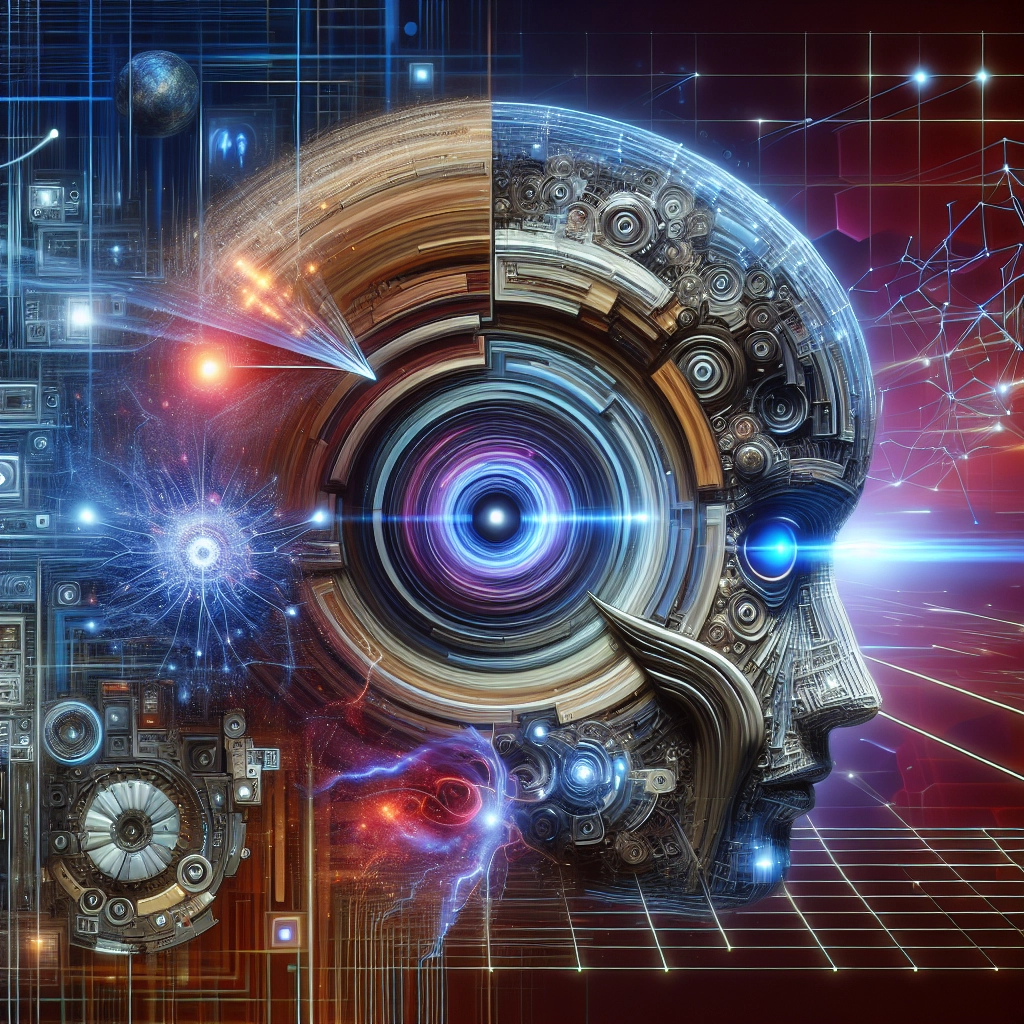Generative AI Trends to Watch This Year

Generative AI Trends to Watch This Year
In 2023, the landscape of generative AI is evolving at an unprecedented pace, influencing various industries from entertainment to healthcare. As advancements in technology outpace our understanding, keeping a pulse on the trends that shape this domain becomes imperative for businesses and creatives alike. Here, we delve into the generative AI trends to watch this year, highlighting their implications and potential applications.
The Rise of Multimodal Models
Multimodal AI models, which can process and generate content across various formats—text, images, audio, and video—are gaining traction. The success of models like OpenAI’s CLIP and DALL-E has set the stage for developments that allow for a more cohesive and integrated understanding of content. These models not only enhance user experiences but also open up possibilities for more complex storytelling and creative projects.
Personalized Content Generation
As AI systems grow more sophisticated, the ability to generate personalized content is becoming a prominent trend. Businesses can leverage generative AI to tailor marketing materials, product recommendations, and even customer service interactions to individual user preferences. This shift towards hyper-personalization helps companies foster deeper relationships with their audiences, driving engagement and loyalty.
AI in Creative Fields
Generative AI is making significant inroads into creative fields such as art, music, and writing. Artists are collaborating with AI to explore new creative avenues, resulting in unique art pieces that blend human intuition with machine capabilities. Similarly, AI-generated music is becoming popular, with algorithms composing songs that resonate with various genres. Writers are also using AI-assisted tools to brainstorm ideas or even draft content, thus revolutionizing the creative process.
Ethics and Responsibility in AI Usage
As generative AI capabilities expand, so do concerns regarding ethics and responsibility. The potential for misuse—such as deepfakes or generating misleading information—requires robust guidelines and governance. Organizations are increasingly prioritizing ethical considerations, emphasizing transparency, accountability, and fairness in AI-generated content. This ongoing dialogue will shape the future development of generative AI technologies.
Integration with Virtual and Augmented Reality
The convergence of generative AI with virtual reality (VR) and augmented reality (AR) technologies is reshaping how users interact with digital environments. By allowing AI to generate immersive and interactive experiences, content creators can design environments that respond to the user's actions or inputs in real-time. This trend not only enhances gaming experiences but also has potential applications in education, healthcare, and training.
AI for Content Moderation
As generative AI tools proliferate, the challenge of content moderation has become increasingly complex. AI can assist in identifying misleading or harmful content generated by other AIs, ensuring a safer and more ethical online environment. This trend highlights the need for robust AI systems capable of understanding context and sentiment, thereby facilitating better governance of AI-generated content.
Advancements in Text-to-Speech Technology
The transformation in text-to-speech (TTS) technology is another significant trend in generative AI. Recent advancements have led to more natural-sounding voices and enhanced emotional expression. This progression has profound implications for accessibility, allowing content to be more inclusive and engaging for users with diverse needs. As TTS continues to evolve, expect its integration into various platforms and applications to become increasingly ubiquitous.
Conclusion
As generative AI continues to evolve, the implications of its trends are profound, promising to reshape industries and redefine human creativity. By staying attuned to these developments, businesses can harness the power of generative AI to improve efficiencies, enhance user experiences, and foster innovation. Whether through multimodal models, ethical considerations, or advancements in creative tools, the future of generative AI is not only about technological advancement but also about navigating the complexities that come with it. As we move forward in 2023, embracing these trends can set the stage for a more dynamic and inclusive digital landscape.